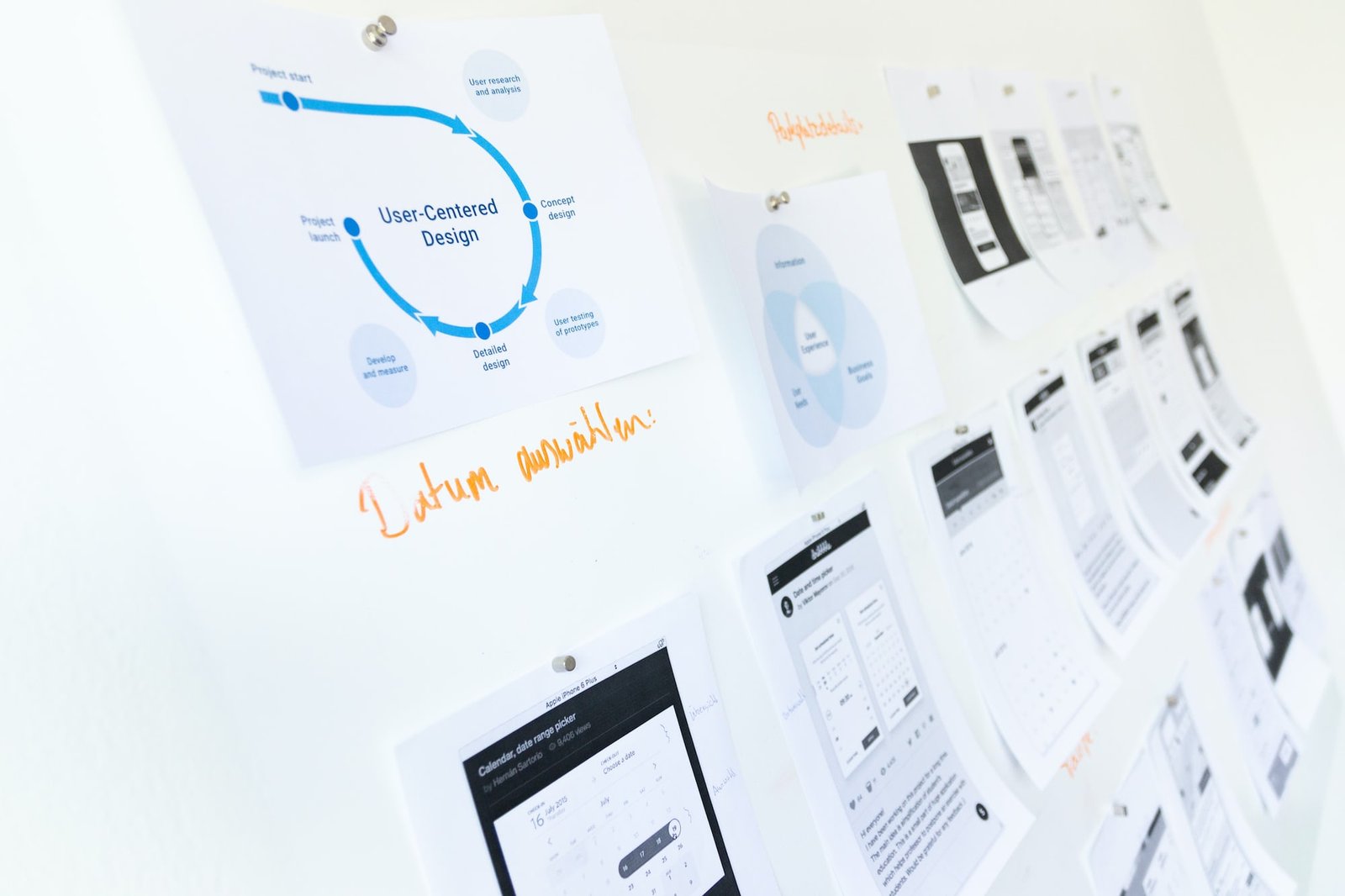Diving into the WordPress Database: Understanding Core Components

WordPress is an open source content management system (CMS) that is used by millions of websites and blogs around the world. This powerful platform is built on a database, which stores all of the content and settings that make up a WordPress site. The WordPress database is an intricate system of tables, fields, and relationships that can be daunting to understand. In this article, we’ll dive into the WordPress database to explore its core components.
1. Introduction to WordPress Database
The WordPress database is a powerful tool that stores all of the content and settings that make up a WordPress site. It is the foundation of any WordPress website and is used to store posts, pages, comments, user profiles, and more. The database is made up of tables, fields, and relationships. Each of these components has a specific role in the WordPress ecosystem and it’s important to understand them in order to customize and maintain a WordPress website.
2. WordPress Database Core Components
The WordPress database is made up of several core components. These components include tables, fields, and relationships. Tables are the fundamental building blocks of the WordPress database and are used to store data. Fields are used to store specific types of data within tables. Finally, relationships are used to link tables together to create more complex data structures.
3. WordPress Database Tables
WordPress stores data in tables. Each table is made up of fields, which are used to store specific types of data. WordPress uses several different tables to store different types of data. Some of the most common tables are wp_posts, which stores post and page data, wp_comments, which stores comment data, and wp_users, which stores user data.
4. WordPress User Roles & Capabilities
WordPress has a built-in system for user roles and capabilities. User roles are used to determine what a user can and cannot do on a WordPress site. User roles are set on a per-user basis and can be changed at any time. WordPress also has a built-in system for capabilities, which are used to determine what a user can and cannot do on a specific post or page.
5. WordPress Options & Settings
WordPress stores site-wide options and settings in the wp_options table. This table is used to store settings such as site title, description, and more. It is also used to store plugin and theme settings. This table is an important part of the WordPress database and should be reviewed and updated regularly.
6. WordPress Metadata & Taxonomies
WordPress stores metadata and taxonomies in the wp_postmeta and wp_termmeta tables, respectively. Metadata is used to store additional information about posts, pages, and users. Taxonomies are used to categorize posts and pages. Both of these tables are important for organizing and managing content on a WordPress site.
7. WordPress Comments & User Profiles
WordPress stores comment and user profile data in the wp_comments and wp_usermeta tables, respectively. The wp_comments table stores data about comments, such as the comment author, date, and content. The wp_usermeta table stores data about users, such as user preferences and contact information.
8. WordPress Links & Relationships
WordPress stores links and relationships between posts and pages in the wp_postmeta and wp_term_relationships tables. The wp_postmeta table stores data about post and page relationships, such as parent-child relationships. The wp_term_relationships table stores data about taxonomy relationships, such as the relationship between posts and categories.
9. WordPress Image & Media Uploads
WordPress stores image and media uploads in the wp_posts and wp_postmeta tables. The wp_posts table stores data about the uploads, such as the file name, date, and size. The wp_postmeta table stores additional information about the uploads, such as the file type and title.
10. WordPress Post & Page Revisions
WordPress stores post and page revisions in the wp_posts table. Each post and page can have multiple revisions and these revisions are stored in the same table as the post or page itself. This allows WordPress to keep track of changes over time and allows users to revert to a previous version if necessary.
11. WordPress Core Updates & Security
WordPress releases regular updates to its core files. These updates include security patches, bug fixes, and new features. It is important to keep WordPress up to date in order to keep the site secure and functioning properly. WordPress also has a built-in security system to protect against malicious attacks.
12. Final Thoughts on WordPress Database
The WordPress database is a complex system of tables, fields, and relationships. It is the foundation of any WordPress website and is used to store posts, pages, comments, user profiles, and more. Understanding the WordPress database is essential for customizing and maintaining a WordPress site. With a little bit of knowledge, anyone can dive into the WordPress database and gain a deeper understanding of how it works.
The WordPress database is a powerful tool that stores all of the content and settings that make up a WordPress site. Understanding its core components can help you customize and maintain your WordPress site. With a little bit of knowledge, anyone can dive into the WordPress database and gain a deeper understanding of how it works.


